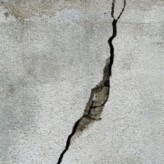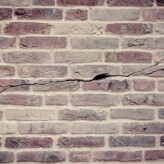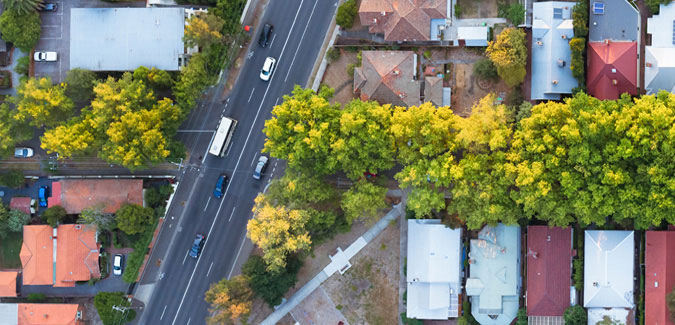Why Do I Need A Property Condition Survey?
Why Do I Need A Property Condition Survey? While the COVID-19 pandemic has had a significant impact on certain sectors of Australia’s economy, our construction industry is still busy and thriving. Major infrastructure works are proceeding as planned with the objective of strengthening and upgrading our assets and supporting economic activity which is essential at this time. Property condition...
Read MoreDilapidation Surveys – Protect Yourself

Dilapidation surveys are essential for any contractor or developer looking to commence a new project. Just as we take out insurance policies for our home and car, engaging an independent company to undertake dilapidation surveys for properties adjacent to your development site is equally important. The dilapidation survey report is important evidence in the event of any claims or liability that...
Read MoreDilapidation Reports for Developers, Builders and Owners

The SPI team is working with several companies and alliances to provide dilapidation inspection services for rail, road and infrastructure projects in Melbourne and Central Victoria. For each project, a dilapidation report (otherwise known as a property condition survey) is carried out on all residential and commercial buildings, prior to construction. This also includes council assets,...
Read MoreA Building Condition Report is important for existing owners

A Building Condition Report is important for existing owners- even after the sale. While many understand the importance of a Building Condition Report when purchasing a property, some do not realise that obtaining the same report can be extremely beneficial for a current owner as well. We outline the additional reasons why obtaining a condition report is essential for existing owners. These...
Read MoreDilapidation Reports are essential

What is a Dilapidation report? A dilapidation report inspection (also known as an Existing Conditions inspection) outlines any existing cracking and damages to adjoining properties before you commence construction work. For developers, it is an essential requirement (according to the Building Act) to carry out before any construction work commences. Who can carry out a dilapidation inspection? A...
Read MoreA Tax Depreciation can save you thousands!

What is a Tax Depreciation Schedule? A Tax Depreciation Schedule (also known as a Quantity Surveyor’s Report) is a document that aids property investors to determine the tax deductions available to them. Regardless of the age of your commercial property, you can invest in a tax depreciation schedule to make a claim. The amount of depreciation will vary, depending on the details of the...
Read MorePCI Inspection for a Commercial property

Are you about to finish the build of your commercial property and are eagerly awaiting your move in date to get your business up and running? There is one small step we recommend before you proceed to take the keys. Organising a Final Hand Over (also known as a PCI) inspection to be conducted for your almost-finished build ensures peace of mind. The wisest course of action is to engage an...
Read MoreWhat do those building terms mean?

As with any profession, there are a lot of terms that may sound like a completely different language if you have no experience in the field. Engaging a third-party inspection company to conduct a Building Condition Report on a commercial property is a wise and worthwhile investment. It’s imperative to know the overall condition of the building and whether it complies with building...
Read MoreHorror stories when building Commercial properties

Building or renovating a property for your business can be a very exciting and rewarding experience. There can be many perks of building the site where your commercial business will reside, such as saving in monthly rent, not having to depend on landlord communication to fix maintenance issues and being able to design the building to suit your exact needs. On the other hand, being the owner of...
Read MoreEssential Safety Measures- comply or pay the price

The owner of a building is responsible for its ongoing maintenance and implementation of safety procedures. This also includes ensuring Essential Safety Measures (ESM’s) program is existing at your building. ESM’s are vital for the life, safety and health of people over a building’s duration and from 2 June 2018, the crack down on ESM noncompliance has resulted in harsher...
Read More











